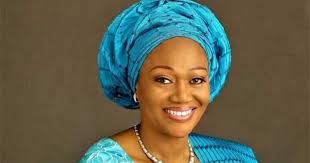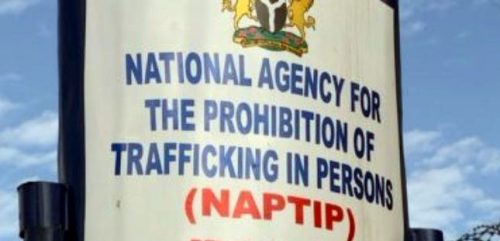How cashless policy suffocates Nigerians

Citizens groan under numerous bank charges
‘Cut cost of governance instead of taxing people’
By Philip Clement
The cashless policy introduced by the Central Bank of Nigeria (CBN) has been greeted with mixed reaction.
The policy which is targeted at reducing currency in circulation took effect on1st of April, 2020. To this end, some commercial banks in the country have begun full implementation of the policy.
Customers are charged for deposits and withdrawals that exceed the limits set by the apex bank. The extra charges will be different from the already existing charges on withdrawals.
Therefore, individual bank account holders should note that for withdrawals and lodgments exceeding N500, 000, they will be charged a processing fee of 3% and 2%, respectively.
In the same vein, corporate account owners will, henceforth, be required to pay a 5% processing fee for withdrawals exceeding N3 million.
They will also be required to pay a 3% processing fee for lodgments exceeding the same amount.
Although, the CBN has stated that the policy is not targeted at impoverishing the people, but to improve development in the banking sector, a majority of Nigerians seems to disagree with the apex bank.
Some who spoke to Daily Times on the effect of the CBN policy said it would further impoverish many Nigerians as virtually every transaction must come with a charge.
In trying to establish the relationship between excess bank charges and the CBN cashless policy, they said many people may withdraw their cash from banks following the development.
Mr. Okechukwu Ani, a trader in Garki Market, said the policy was targeted at business people who often carry out transactions on a daily basis.
He said the policy discourages saving culture. According to him, ”if saving money in my bank means I will pay more for charges, it will be more profitable for me to use a piggy bank or keep my cash at home.
“While the CBN is trying to protect us from endangering our lives while carrying our cash about, the aim of the cashless policy is not achieved.”
Musa Abdullahi, a teacher in the FCT said: “I have been saving my money in the bank even if it’s difficult sometimes to keep enduring these bank charges.
“Sometimes you see N100, other times even up to N500 for different charges. That amount can be enough for me to buy food and feed my children that day. It’s unfortunate and sad.”
The policy has attracted wide criticism from the public including tax experts. PWC Nigeria’s tax lead, Taiwo Oyedele, argued that more time should be given to companies and individuals to adapt.
Speaking further on the tax system in Nigeria at a capacity training programme for journalists, Oyedele said: “Taxation is not the way to go in revenue generation in the country.
“It’s like having a patient on oxygen and you want to reduce the oxygen, it simply means you want to kill the patient.
The way Nigerians pay taxes and charges is not the right way to go. “Already businesses are feeling the heat of the pandemic, as such, introduction of new taxes and charges of all sorts cannot hold water.
“The way forward is to provide incentives for businesses and vulnerable Nigerians and not sustaining charges or taxes that citizens are struggling to pay.”
He said the cost of governance was one focal area the government must look into with a view to reducing it rather than having a large number of financial charges and taxes. He further stated that “I was shocked to see that even in the revised 2020 budget about N2 billion was budgeted for the National Assembly and we keep complaining that the country doesn’t have funds while the citizens bear the brunt.”
There are different charges which banks apply to different transactions on customers’ accounts.
READ ALSO: CBN clarifies cashless policy issues
Checks by Daily Times show that the charges vary from individual to corporate accounts. They are card maintenance fee, SMS alert fee, electronic transfer fee, Point of Sale (PoS) charge.
Others include statement of account processing fee, interbank withdrawal fee, withdrawal charge, One Time Password transfer fee among others.
Analysts believe that the numerous charges are not convenient for bank customers especially at a time when the country is fighting a pandemic.
They say that although the policy is aimed at bringing more cash to the banks, it may as well discourage customers considering the amount being charged on a frequent basis.










